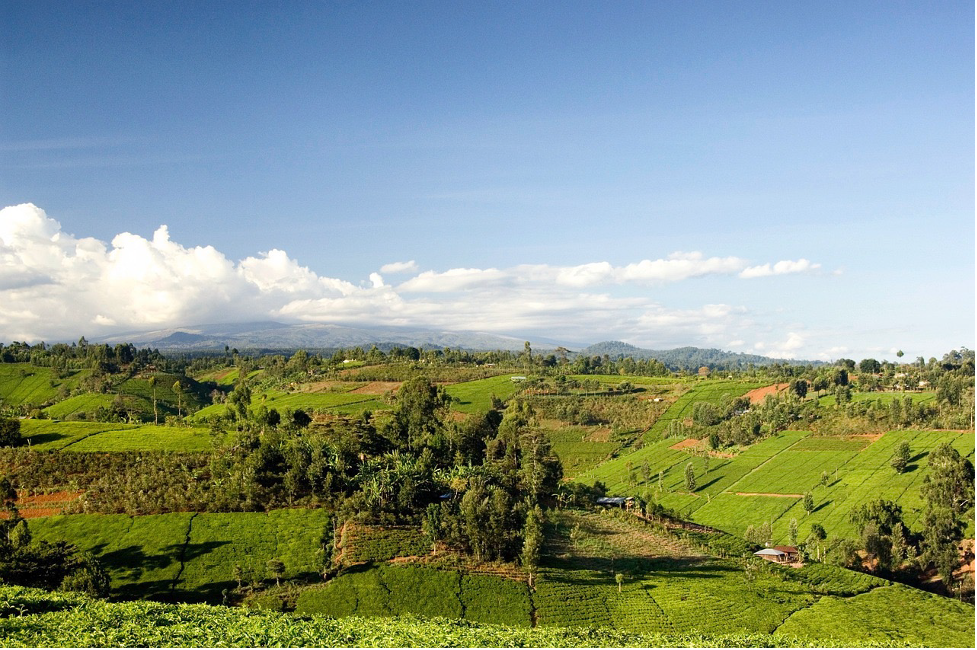
About
The Mau Forest Complex in Western Kenya covers an area of over 400,000 ha and is ecologically and economically critical for Kenya and parts of East Africa. The South Western Mau forest one of the 22 forest blocks of the Mau Forest Complex, the landscape covered by this initiative is 60 000 hectares. 20,000 ha of these had been severely degraded due to human activities including overgrazing, logging and encroachment among others. Deliberate efforts are being made to restore and conserve the forest. IDH through the Initiative for Sustainable Landscape (ISLA) launched an ambitious campaign to rehabilitate and conserve the forest in 2016 and opted to adopt a community-based approach to see the campaign to fruition.
The significance of the Southwestern Mau is paramount for the sustained viability of agriculture in the region. It plays a dual role, not only in climate regulation but also in providing essential biodiversity. Agricultural practices heavily rely on rainfed methods, with no irrigation in place. Hence, the forest is a crucial component, contributing significantly to the agricultural sector.
Governance Structure
Together with the relevant stakeholders a governance model has been designed and set-up. The bodies of the governance structure consist of a Trust (registered and in the process of incorporation), the Board, the Secretariat and Technical Working Groups on a need basis.
Trust
The Trust, was established and registered as Charitable Trust in 2017 and is made up of five (5) trustees. The Trust provides oversight on the functions of the board, raises and allocates funds and is accountable for the program. It is expected to in the long term, ensure sustainability of the co designed and co funded interventions, beyond the ISLA Program. The Trustees meet twice a year.
ISLA Board
The board, in consultation with the secretariat, defines the program strategy and action plan and oversees the implementation process. Members of the interim board include:
Government and government agencies
- County governments of Kericho, Bomet and Nakuru;
- National Government Institutions (Kenya Forest Service, Water Resource Authority and Kenya Wildlife Service);
Private sector
- Private Sector companies including KTDA, Browns East Africa Plantations(former Lipton Tea and Infusions) and Browns Plantations Kenya (former James Finlay Kenya)
Civil Society and Research Organizations
- NGO/Civil Society (Rhino Ark Charitable Trust)
- Community groups through their Community Forest Associations, Water Resource User Associations and the Ogiek Council of Elders
- Knowledge partners including Kenya Forestry Research Institute-KEFRI and Centre for International Forestry Research CIFOR
The Dutch Embassy attends as an observer while the ISLA Kenya team plays the role of secretariat, and chairs the meetings. The board meets on a quarterly basis (4 times a year).
Technical Working Groups
Technical Working Groups are established based on a need basis and on the program building blocks i.e. forest conservation; improvement of water flow and access; sustainable energy; with alternative livelihoods as a cross cutting issue. The technical working groups members comprising of expertise from across the participating partners meet to deliberate on technical and implementation issues. The Technical Working Groups report their findings and observations to the board.
The Secretariat
The Secretariat, initially made up of a team of staff of IDH, has been responsible for the implementation of the ISLA Kenya action plan; contract management with consultants and implementing partners; gathering, collating and analysis of information required to support program development and monitoring & evaluation and; the administration and coordinating of the program activities and events. Specifically, the secretariat ensures:
- Day-to-day management of the ISLA program
- The smooth functioning of the board and technical working groups
- Representation of ISLA to outside stakeholders
- Field level implementation and monitoring
